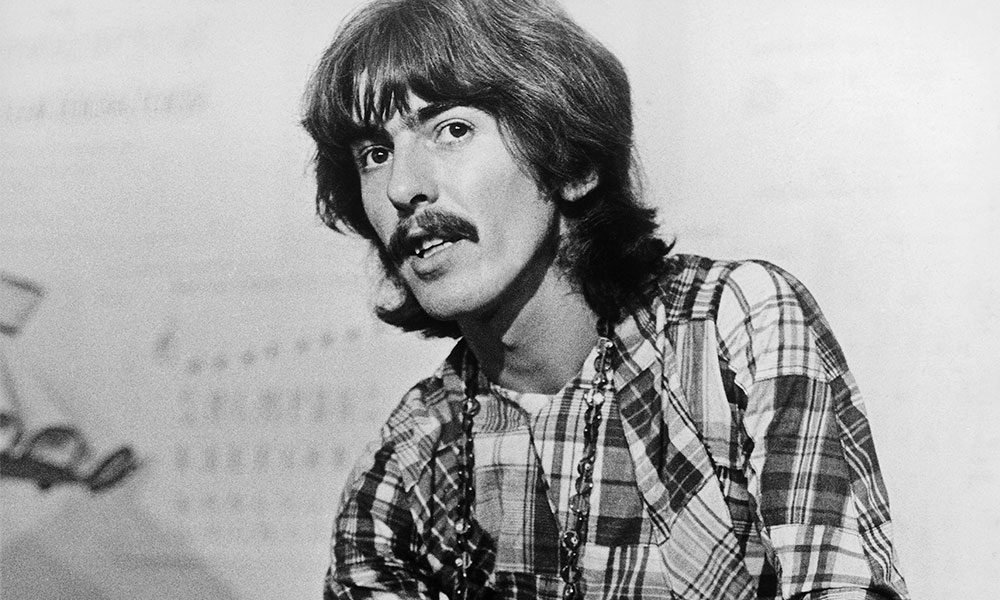Even though they had a strong bond during The Beatles’ time spent touring the globe, John Lennon wasn’t always persuaded by George Harrison. Paul McCartney asked Harrison, his younger buddy, to see his new band, The Quarrymen, perform at a tiny show at the beginning of 1958. Harrison later gave Lennon an audition, and while the musician was pleased with the young man’s skill, Harrison was concerned about the guitarist’s age.
Harrison was Lennon’s junior by almost three years. Harrison would later concede that it had an influence on their connection for the rest of Lennon’s life, for better or worse. It seems strange that such a small detail should have such an impact on the dynamic between the two.
Following his mocking of Harrison as The Quarrymen’s new lead guitarist, Lennon took on the role of Harrison’s elder brother, providing advice and criticism whether or not Harrison asked for it. Harrison quickly picked up on Lennon’s gregarious attitude, and the two became good friends while teasing and taunting one other.
Interestingly, in the late 1960s, LSD helped the couple’s relationship to get closer. Harrison said in The Beatles Anthology, “After taking acid together, John and I had a very interesting relationship.” “That I was younger or I was smaller was no longer any kind of embarrassment with John. Paul still says, ‘I suppose we looked down on George because he was younger.’ That is an illusion people are under. It’s nothing to do with how many years old you are or how big your body is. It’s down to what your greater consciousness is and if you can live in harmony with what’s going on in creation.”
Harrison said, “John and I spent a lot of time together from then on, and I felt closer to him than all the others, right through until his death. As Yoko came into the picture, I lost a lot of personal contact with John, but on the odd occasion I did see him, just by the look in his eyes, I felt we were connected.”
Harrison and the other Beatles quickly discovered that LSD is a very powerful drug. It has consciousness-altering properties that go beyond enjoyment and can aid in psychological exploration. These excursions are undoubtedly risky, but Harrison believed they gave Lennon the courage to confront his inner demons from his youth.
Harrison explained, “In a way, like psychiatry, acid could undo a lot — it was so powerful you could just see. But I think we didn’t really realise the extent to which John was screwed up. For instance, you wouldn’t think he could get bitter because he was so friendly and loving, but he could also be really nasty and scathing.”
After The Beatles disbanded in 1970, John Lennon released the John Lennon/Plastic Ono Band. In contrast to most of his work with the Fab Four, the album focused on political and personal themes, delivering the message with a palpable sense of desperation and rage. Specifically, Lennon channeled his recent primal scream therapy sessions with experimental psychotherapist Arthur Janov in the lead song “Mother.” In the deeply personal song, Lennon addressed his feelings of abandonment as a youngster.
When Lennon was five years old, his mother Julia Lennon experienced parental abandonment as a result of growing pressure from Mimi Smith, her older sister, to stop taking care of her son. Mimi told Liverpool Social Services over and over again how she didn’t think Julia could be John’s mother because of her “sinful” ways. Although the veracity of Mimi’s charges against Julia is still unknown, it seems likely that Mimi wasn’t like Julia’s lively disposition; she was well-known for being impetuous, cheeky, and good-humored qualities that would subsequently be connected to Lennon.
Finally, in 1945, Lennon was placed under the guardianship of his stern and responsible aunt Mimi, who would go on to raise her husband, George Smith, as a father. John was permitted to see his mother regularly, but he grew more and more distraught over the breakup. Twelve years later, when Lennon was barely seventeen, Julia was murdered by a drunk-driving police officer.
Harrison said in The Beatles/Anthology that he was surprised by John Lennon/Plastic Ono Band even though he was aware of Lennon’s rough upbringing. George said, “As a kid, I didn’t think, ‘Oh well, it’s because his dad left home and his mother died,’ which in reality probably did leave an incredible scar,” he said. “It wasn’t until he made that album about Janov, primal screaming, that I realised he was even more screwed up than I thought.”
Listen to “Mother,” a song inspired by John Lennon’s primal cry, below.
